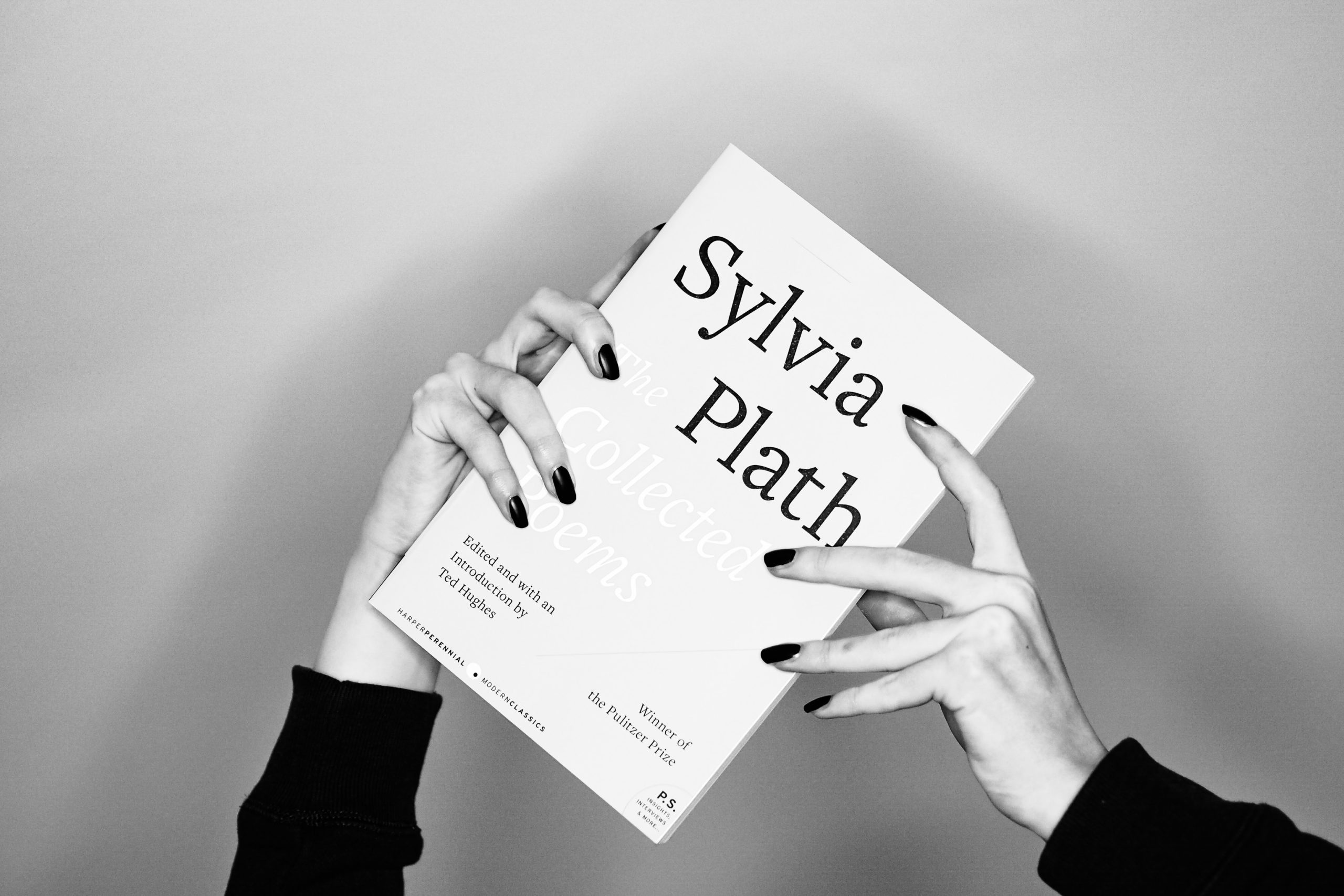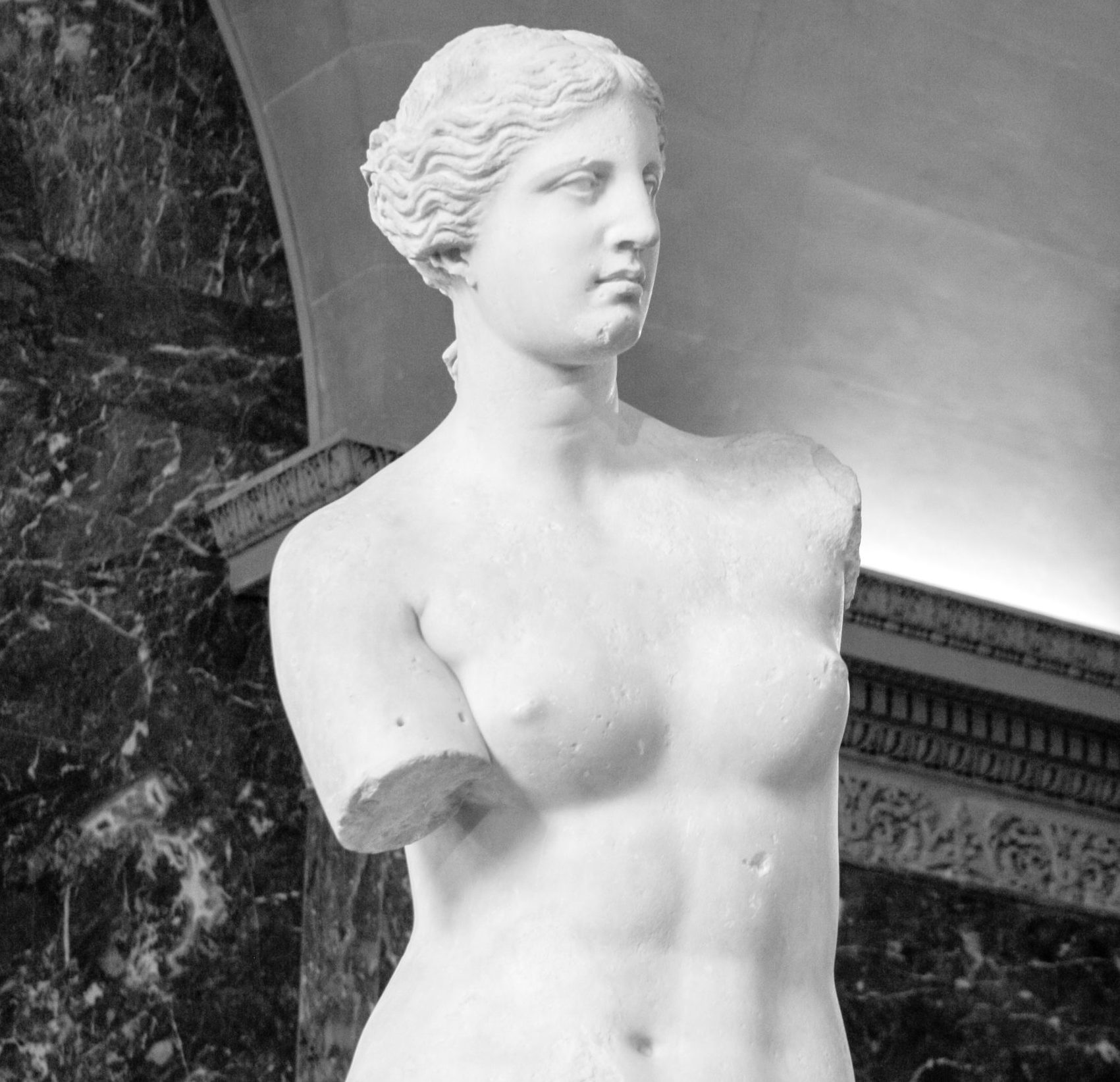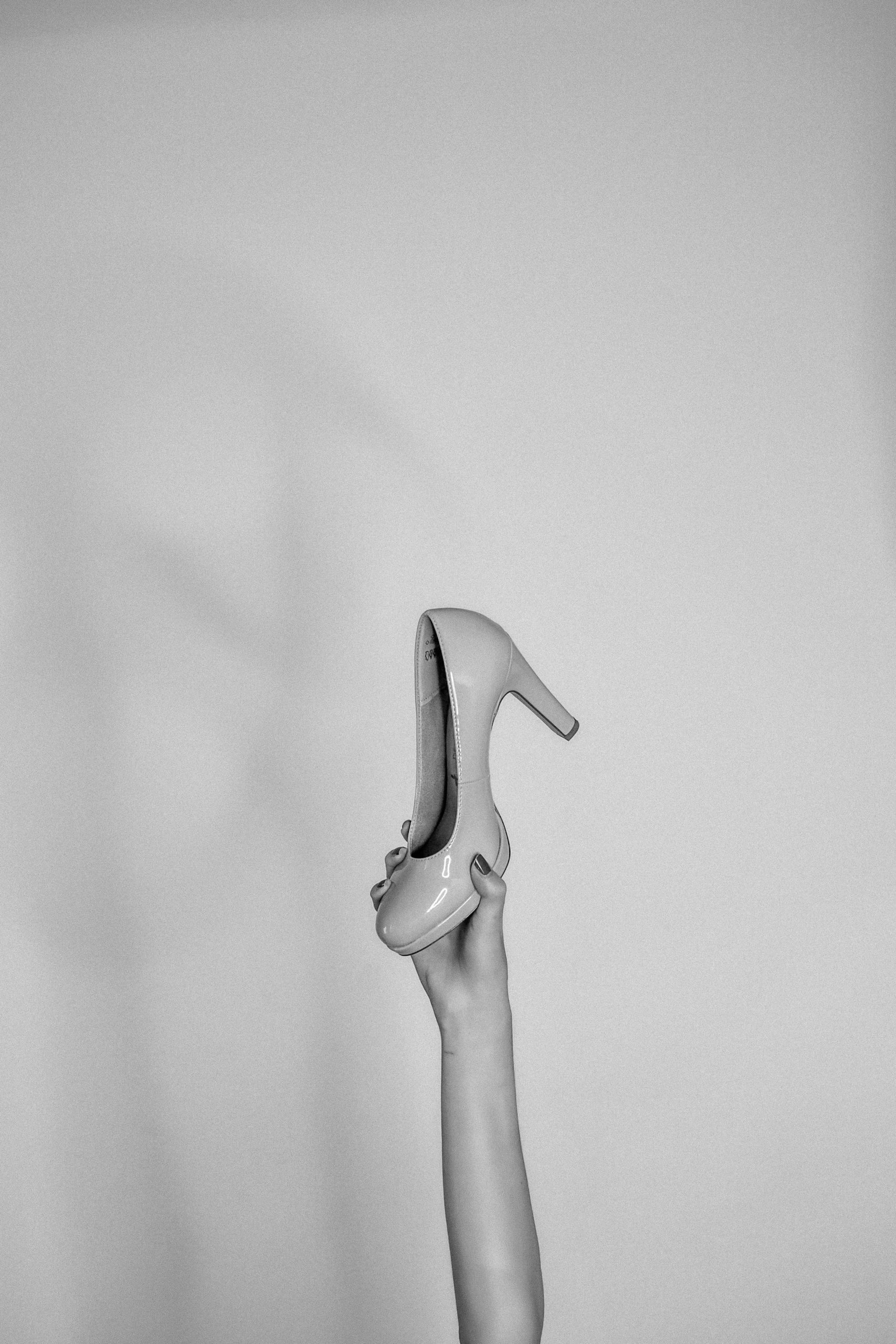BONJOUR,
I muse about intimacy with all aspects of the Self and the mysterious art of unraveling. Pull up a chair, curious one.
categories
Philosophy
Business
Poetry
Neuroscience
Wellness
Intimate
babe.
What Grief Taught Me about Entrepreneurship
My relationship with grief began when I was 16. It was April 2003, and I lost my uncle after he suffered a massive stroke at the top of the stairs leading to his apartment. I nursed my father back to some level of normalcy, and life went on, as it always does. Later that year, I consoled my friend, Dinika, when her mother died. A few short weeks later, she slipped into a coma due to a ruptured brain aneurysm.
I had just started interning at New York Downtown Hospital, so I took advantage of the plethora of knowledge available to me: That meant having the “What is a brain aneurysm?” conversation with any physician who would indulge my curiosity.
I visited Dinika at Lutheran Hospital in Brooklyn for five weeks, bringing balloons and stuffed animals and writing little notes on the dry-erase board in her room. There is absolutely no way she’s going to stay like this; she’s only 18, I remember thinking. By the end of that fifth week, the chaplain was at Dinika’s bedside, providing bereavement support to her family as they made the painful decision to end care. Her demise was the cruelest twist of fate imaginable.
Dinika’s funeral was the first I had ever attended; it happened to be an open casket funeral, something that no one could have prepared me for. While I was learning to live alongside grief, I was also learning about the fragility of life; her passing shattered the naïve assumption that I might live to see old age. I often wonder if I would have become a student of neuroscience had it not been for this experience.
Two days before my 21st birthday, my then-boyfriend died of sudden cardiac death on the soccer field. One of my classmates died by suicide the following year, plunging 230 feet off the Verrazano Bridge into the icy waters below. As I recall, he was an exceptional poet, though no one was ever really able to read between his lines. Just before New Year’s Eve that same year, my friend Zee was robbed at gunpoint for his laptop and $50 and then shot in the head.
Fast forward to 2010, when my best friend, Daniel, was diagnosed with stage 4 sarcoma cancer. He urged me to enter the beauty pageant circuit and use my platform to raise awareness for the rare disease that eventually took his life.
The sense of loss was all too familiar, but I was beginning to grow numb—resentful even. In my moment of despair, questioning God and His infinite wisdom, my little brother, Andy, was in a near-fatal car crash the morning after Danny’s funeral. He hit the side of the highway at 90 mph on impact. I was scheduled to fly back to New York that day but wouldn’t arrive until 4 pm. You couldn’t have scripted a better movie.
As one might imagine, it was the most frightening thing to hear that my youngest brother was in the Intensive Care Unit, with me being hundreds of miles away and not knowing if he would survive. Fortunately, he only broke almost every bone in his body—from his jaw to his hips to both legs—but no damage to major organs or nerve endings. He underwent six operations that week and required a year of physical therapy to learn how to walk again.
I lost my maternal grandfather, paternal aunt, and friend who died in combat in Afghanistan closely on the heels of that, but I suppose you could say I’ve had a relatively dry spell since.
That is, until two weeks ago.
My aunt’s husband, who I’ll shorthand as my uncle, died of a heart attack during a day trip to the Dead Sea—eclipsing the celebration of his daughter’s wedding the night before. She was his only daughter and the greatest love of his life.
It wasn’t until his passing that I realized his enormous influence on my life, particularly in grooming me for entrepreneurship.
Often a vehicle for affectionate nostalgia among us millennials, the 90s was an innovative decade of digital gymnastics. The 90s didn’t just give us Nickelodeon, Tamagotchi, and Hi-C (it was a Ghostbusters plug, guys): It was profoundly transformative, and the thread that ran through it all was technology.
This revolution—powered by satellite TV and 24-hour news reporting—was about to take a significant injection from the internet. Sure, it would wreak havoc, but it would go on to deliver real beneficial change. Netscape and AOL opened up the web to the entire world. The internet in the 90s was filled to the brim with neon colors, flashy text art, pixelated graphics, and broken HTML. Somehow, those were simpler times, and we made it work.
My uncle believed that an intangible internet transcended the material differences between rich and poor, placing us on equal footing in a “civilization of the mind” that reconfigured distinctions found in three-dimensional space. People could access each other and essentially collapse time and distance.
At the tender age of six, I sent my first email from my uncle’s tiny, under-ventilated office as he hunched over me with a cigarette in his right hand. A year later, he taught me how to build my first website on Geocities, the most cutting-edge web hosting platform. It was rather straightforward: A Backstreet Boys fan page with bios, images, tour dates, and interesting tidbits about the boys. The real magic happened when I leveraged his insights about how to design my own newsletters.
The ability to enter a community based on similar interests and hobbies—with fellow users understood as digital neighbors—was an alluring proposition, as was cultivating my own little “tribe.” By collecting emails and growing my newsletter, my site’s ranking on search engines began to improve.
A few years later, in 1997, I landed an exclusive interview with Samantha Stonebraker, Brian Littrell’s then-girlfriend. We talked about everything from the band’s grueling schedule to Brian’s insecurity with his height (and why size isn’t everything) and other juicy revelations. As a ten-year-old, I felt—well, honored.
My uncle encouraged me to populate my virtual land like a 19th-century pioneer. Even though I wasn’t monetizing that space, it still prepared me for what was to come.
Many of the people mentioned in this piece have had a direct hand in steering me towards entrepreneurship. But there’s also something else that I’ve gleaned: Grief inherently has a way of molding, shaping one’s character and, by extension, their work ethic.
As entrepreneurs, we are often expected to spin a tale of fearless determination. We boast about the unparalleled solutions we’re offering, business profits, and influence we wield. Let there be no chink in the armor, no breakdown into utter despair. Oh, and definitely… definitely, never let them see you sweat.
I would be remiss not to mention that we run our businesses in a world where children are gunned down in schools, people are murdered in houses of worship, white supremacy is on the rise, and there is more division than ever before.
The consequences of climate change are already here in the form of rising seas and increased coastal flooding. Wildfire seasons are longer (and more damaging), heat waves more frequent and intense. Our mission-critical military bases and national landmarks are at risk. We are witnessing the destruction of marine ecosystems and disruptions to food and electricity supply. It’s fucking rough out here.
On top of that, we are all fighting our own individual battles, navigating the murky waters of transition, heartbreak, and inconceivable personal loss. In the face of such mounting pressure, it is understandable that one may check out from feeling much of anything. It is a form of escapism, to be sure, but quite effective, nonetheless.
Grief is destabilizing, and leaning into it can be intolerable—too vast of an empty desert. It’s easier to project a sense of confidence through accolades and accomplishment, but the grief remains deeply embedded within our implicit memory circuits.
Disassociation is not the solution; windows of opportunity are finite. Rather than avoiding the raw grief that arises as part of our human condition, leaning into it may be the most compassionate thing we can do.
For entrepreneurs, genuine connection trumps all. Allowing ourselves to feel grief bolsters our ability to empathize with the suffering of others—be it with family, team members, colleagues, clients, or investors. Acknowledging pain drives us to innovate, to come up with solutions to our clients’ pain points and how we can best deliver them.
Whatever is most significant bubbles up to the surface. How often do we hear the story of the business mogul who walked away from a wildly successful venture because he or she wanted to do real, meaningful work?
Many entrepreneurs feel invisible—untouchable almost—and aren’t mobilized to truly be in the servitude of others until they hit their emotional rock bottom.
By being available to that anguish, we empower ourselves to lead purposeful organizations and businesses with a legacy not too far behind.

dear journal
Through my unabashed content creation and immersive retreats, I provide the proverbial lodging—and emotional sustenance—as my clients traverse rocky terrain in search of meaning.
We’re pioneers, renegades, and disruptors.
I know that, like me, you resist the status quo wherever it suffocates the human spirit.
We’re kindred souls, you and I.
READER
favorites
faves
free download
Get down like the Stoics but cling fiercely to that tender heart: INVINCIBLEish is a powerful, short guide to unperturbed living. You’ll be so unbothered they’d think you were media trained.
get instant access
ish
INVINCIBLE
Raised on the
Seek refuge and take up residence inside the Red Velvet Project where we powerfully tend to the fluency of Self.


